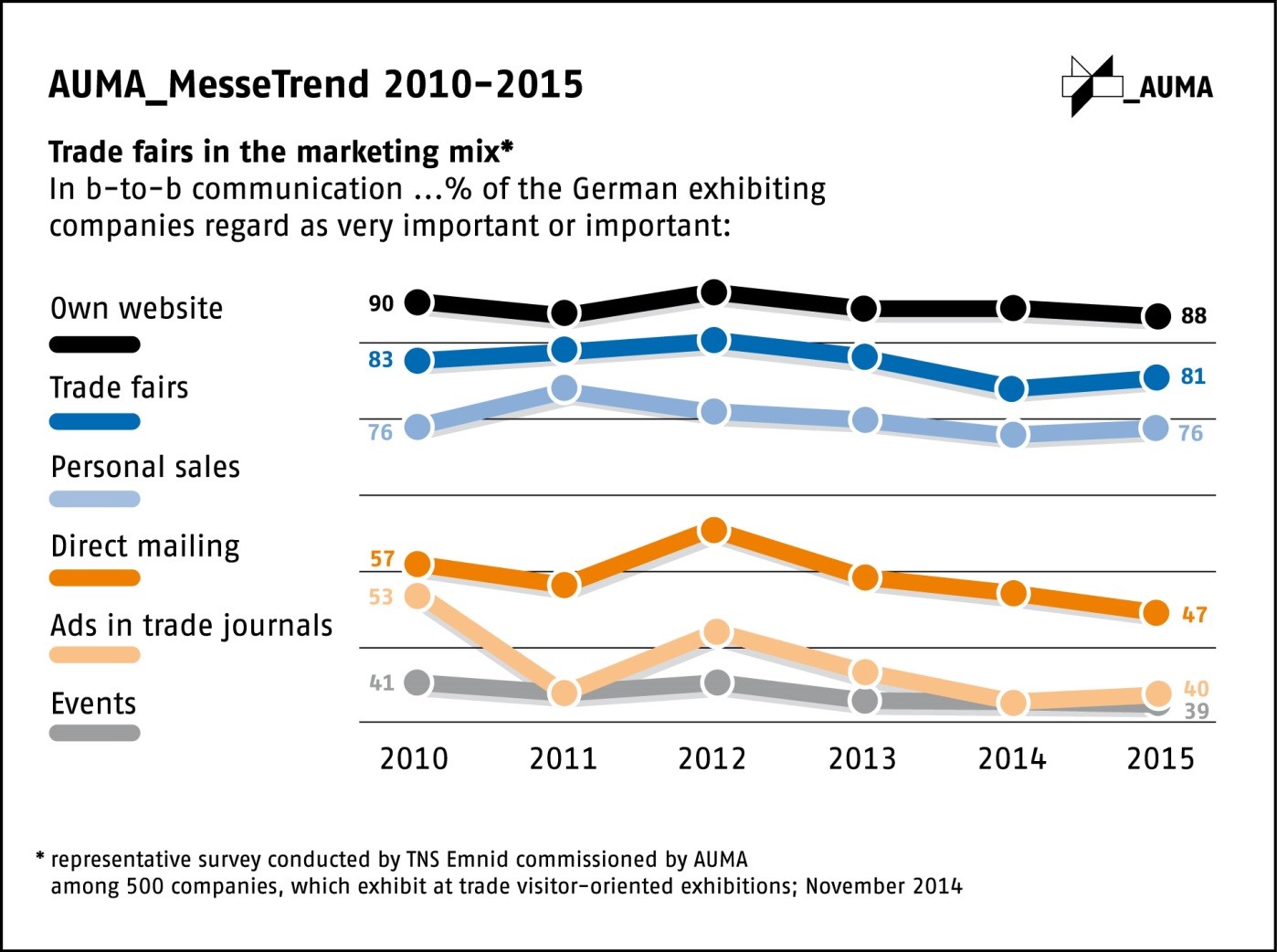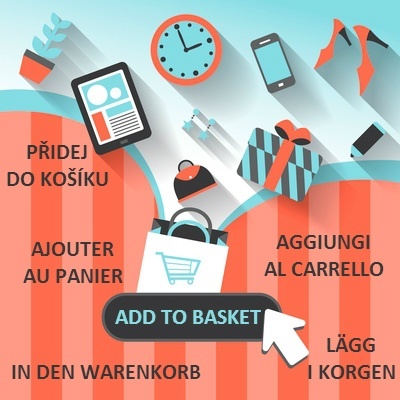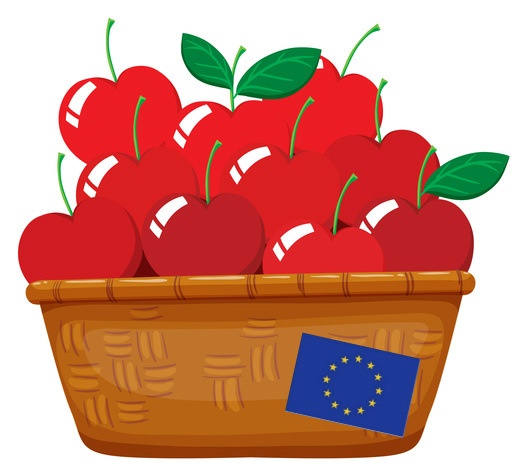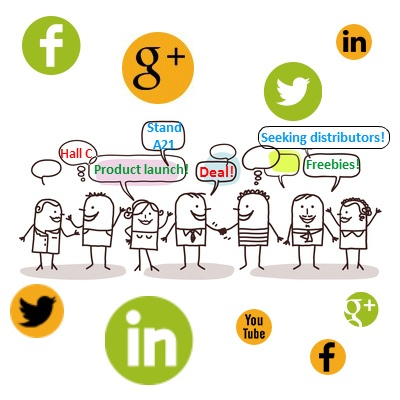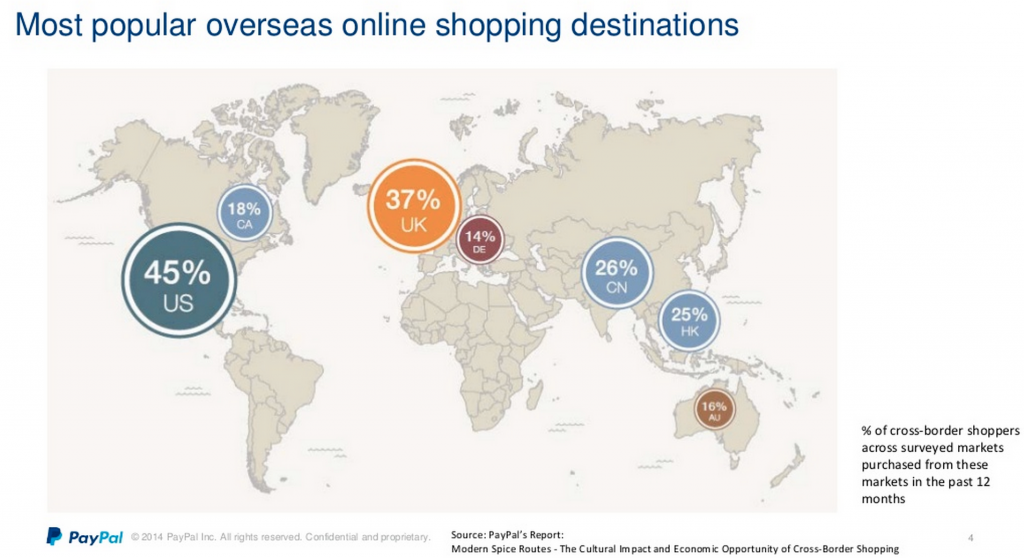Watch the “The Great European Disaster Movie”, a wakeup call for everyone, portraying Europeans “sleepwalking towards disaster”. Take a few minutes for yourself, relax, click here, get on board enjoy, learn, get worried and wake up to The Great European Disaster Movie.
Today the European Union (EU) comprises 28 of the world's freest democratic countries, >500 million well educated and wealthy consumers, arguably the world's largest economy with >$17.65 trillion, >21 million successful small and medium-sized enterprises (SMEs) and many more millions of businesses that benefit hugely from their trade with and invest in Europe.
Yet the four founding freedoms (the free movement of goods, capital, services and people) of the EU project is under extreme social and political threat. If, as I do, you believe that these freedoms boost economic growth, make the everyday life of consumers and businesses easier, that they promote cultural exchange, mutual recognition and respect, societal integration and peace, then you must actively support this European project.
Read More


